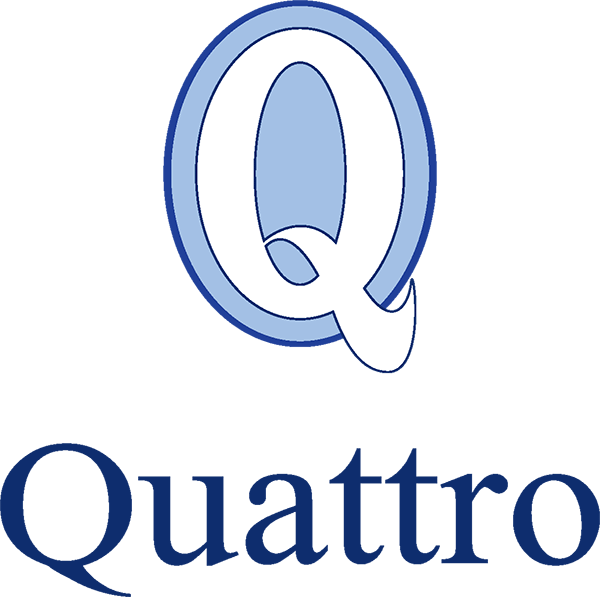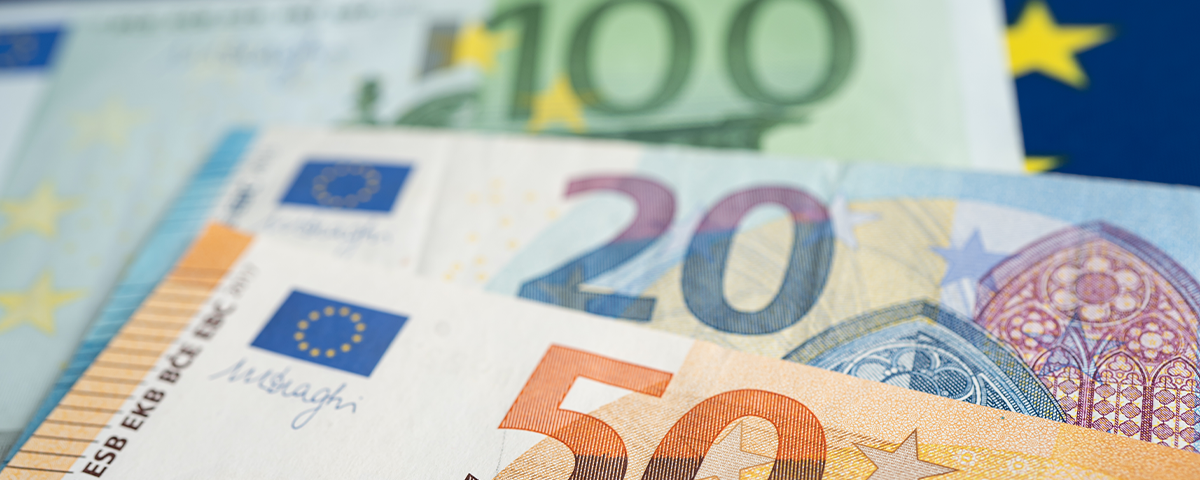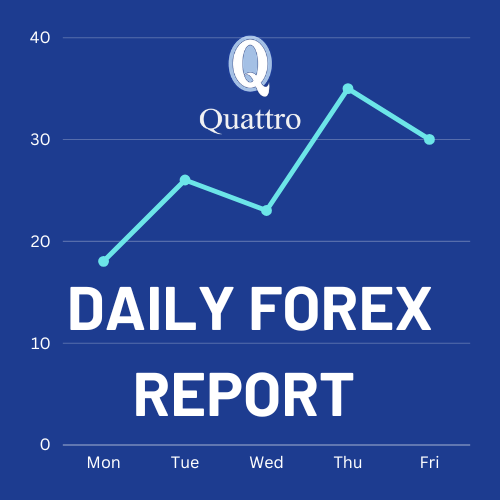
HOW WE SEE THE WORLD – AUGUST 2023
September 13, 2023AQUILO AWARDS 2023
October 23, 2023GLOBAL MACRO VIEW
The September outlook lands on your device amid slowing global momentum and continuing economic uncertainty. The oldest and strongest kind of fear is the fear of the unknown and its grim identity in that it can be perpetual. When we are gripped by fear, we relinquish control of our minds. We give way to the echo-chambers of our thoughts and dwell on what we don’t want, instead of what we do want. Our rational brain is often impaired and even hijacked by our fearful, irrational brain. This is when we make investment decisions that are so harmful, and these decisions end up making us! Please seek advice from one of Quattro’s local or offshore investment specialists, Financial Strategists, attorneys or CA’s before you pull any triggers.
Recession concerns appear to have eased, but the outlook remains anaemic as the world grapples with political and financial headwinds. September was the worst month for global equity markets so far in 2023, as the market ended the month down 3.8% in USD terms. Brent Crude (up 9.7%) continued its trajectory sharply higher and has kept upward momentum and currently priced at $88,72 per barrel today.
USA

With just three months to go before 2023’s books close recession predictions of negative growth in this year’s final quarter have been staved off. However, a word of caution, our attention seems to be unduly focused on the latest changes in federal fiscal and regulatory policy, with little attention being paid to the continued piling on of federal debt needed to fund the expanding programs over the next three to four years. Fitch’s early August rating downgrade of federal debt from AAA to AA+ should not be ignored. Federal debt, the elephant in the room, has risen from $19.5 trillion in 2019 to $30.9 trillion in 2022.
The Fed kept the federal funds rate at the current 22 year high of 5.25%-5.5% and signalled the possibility of one more hike by the end of the year. Markets viewed this hawkishness negatively as this is indicative of rates being higher for longer.
EUROZONE & UK

Business surveys remained subdued in September, with the Composite Purchasing Managers Index (PMIs) still in “contraction” territory in the euro area and UK. Both eurozone and UK hard data releases were weak.
On a more positive note, eurozone inflation slowed by more than anticipated in September as did the UK headline inflation rate. Not enough to stop the European Central Bank (ECB) from raising its deposit rate by 25bps, to 4%, but both the Bank of England (BoE) and Swiss National Bank (SNB) unexpectedly kept rates on hold at 5.25% and 1.75%, respectively.
CHINA

During the month, Chinese Purchasing Managers Index (PMI) increased to over the 50 threshold which differentiates between contraction and expansion of economic activity. The data is at last an encouraging sign of economic stabilisation after a disappointing recovery from the re-opening post Covid.
SOUTH AFRICA

SA GDP recorded its second consecutive quarter of growth, edging higher by 0,6% in the second quarter. Manufacturing and finance were the main drivers of growth on the production (supply) side of the economy. The expenditure (demand) side of the economy also expanded in the second quarter, driven mainly by investments in infrastructure and fixed assets. The country saw a sharp rise in spending on machinery & equipment. Interestingly, and gilded in positivity, was the increased spend on products related to renewable energy.
Consumers remained under pressure and households tapped the brakes on spending. In an interesting shift we saw consumers adjusting focus on food & beverages, furniture, recreation, and clothing, and ironically shifting their spend to restaurants & hotels, transport, health and education.
Gauteng remains the backbone of the national economy, accounting for one third of the national economic activity. Finance, transport & communication industries have driven much of the upward momentum in the province.
South African and emerging equity markets outperformed their developed market peers in September despite the risk-off environment when investors attempt to reduce risk by selling existing risky positions and moving money to either cash, low risk, or no-risk positions. The JSE All Share Index declined over the month (down 2.5%). The Rand appreciated against the major currencies, relative to the US Dollar.
The Monetary Policy Committee echoed the sentiment of the Fed and decided to keep rates on hold in September. This sends a subtle, but well noted, signal that the possibility of one more rate hike in 2023 still exists. Inflation rose slightly higher to 4.8% in August in most part due to higher oil prices, nudging fuel prices higher and increases in municipal rates (for water, electricity, and property). Fortunately for those living on the bread line, annual food inflation continued to ease, recording its fifth straight month of decline.
Look out for next month’s economic and market report where we will publish the latest annual financial statistics of higher education institutions. The data will provide a financial overview of South Africa’s tertiary education.
On a fantastic note, South African farmers are expected to harvest 6% more maize in the 2022/2023 season compared with the previous season, the government’s Crop Estimates Committee (CEC) said on Wednesday, 27 September.
Today’s wisdom: Not everything can be changed! But nothing can be changed unless it is faced.


